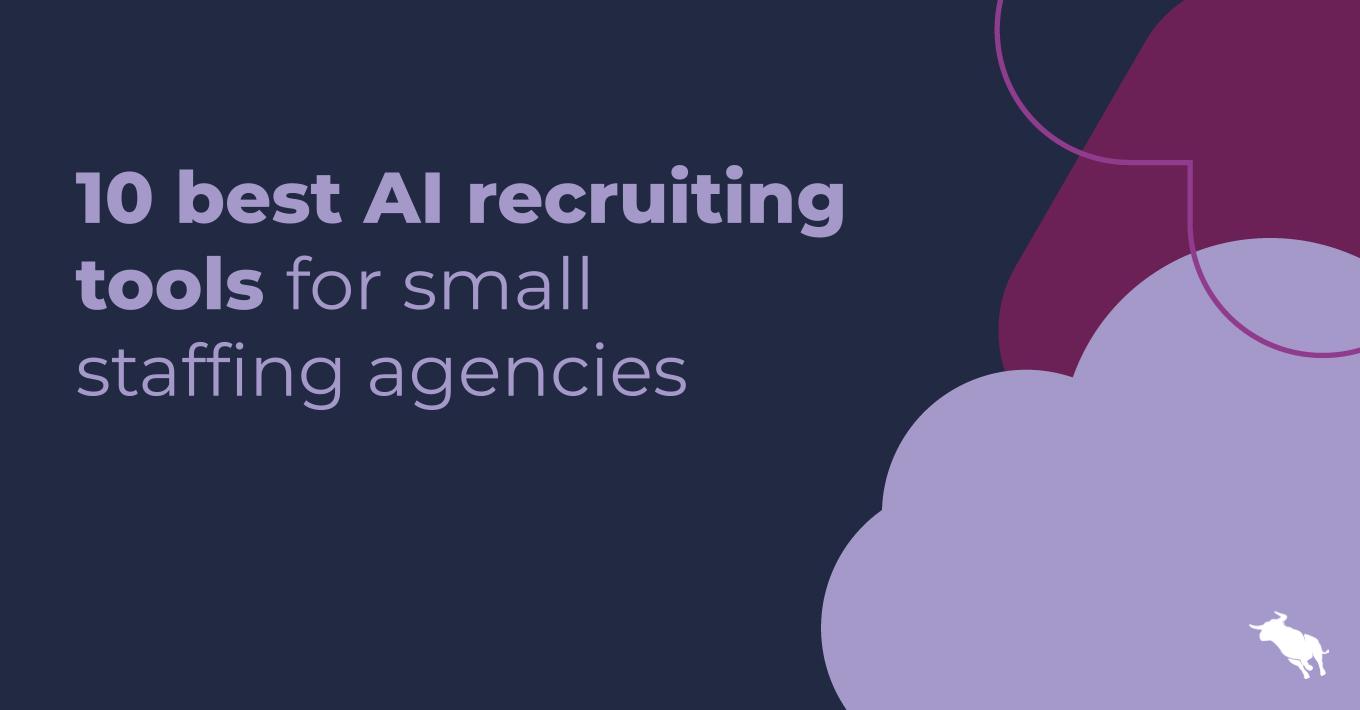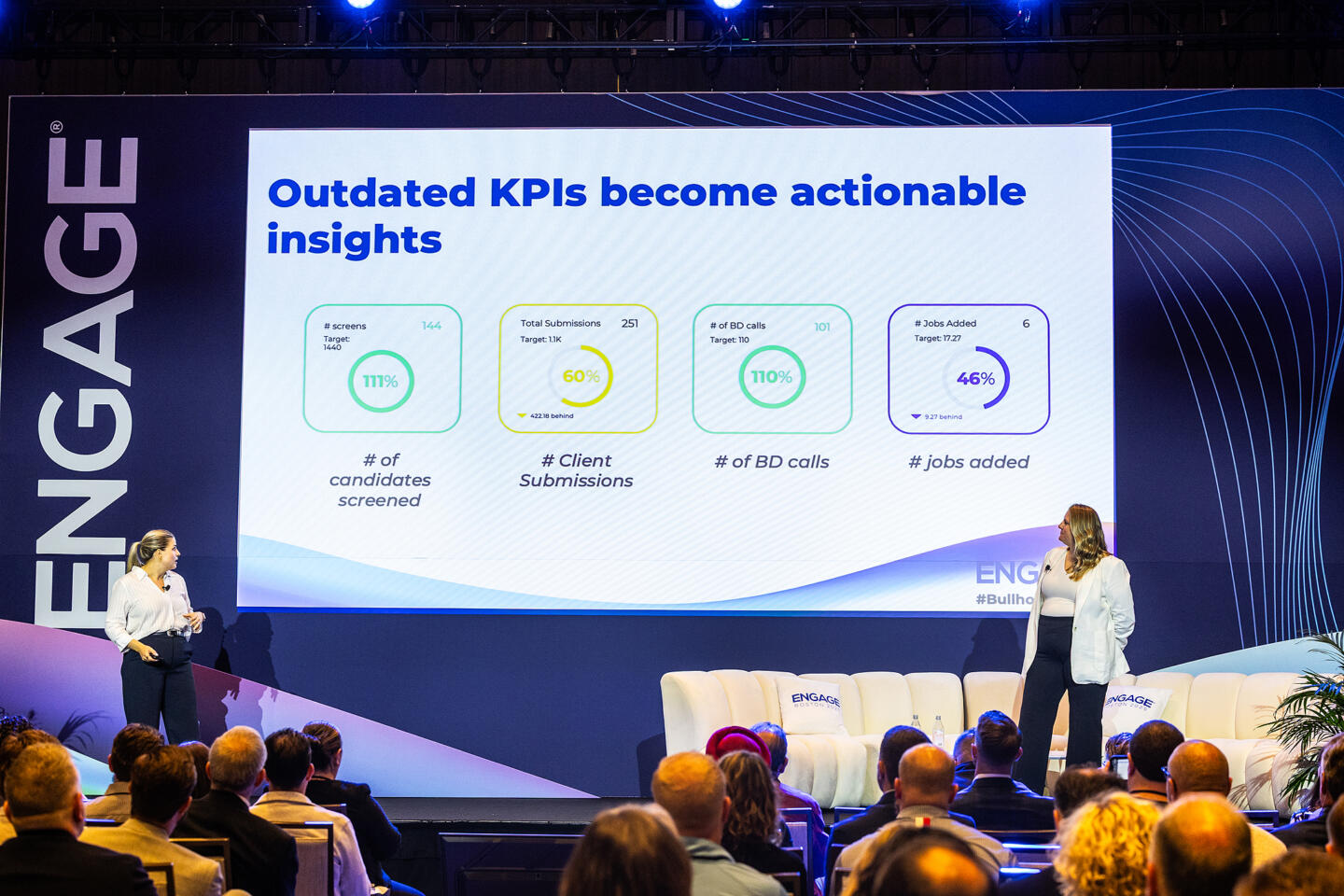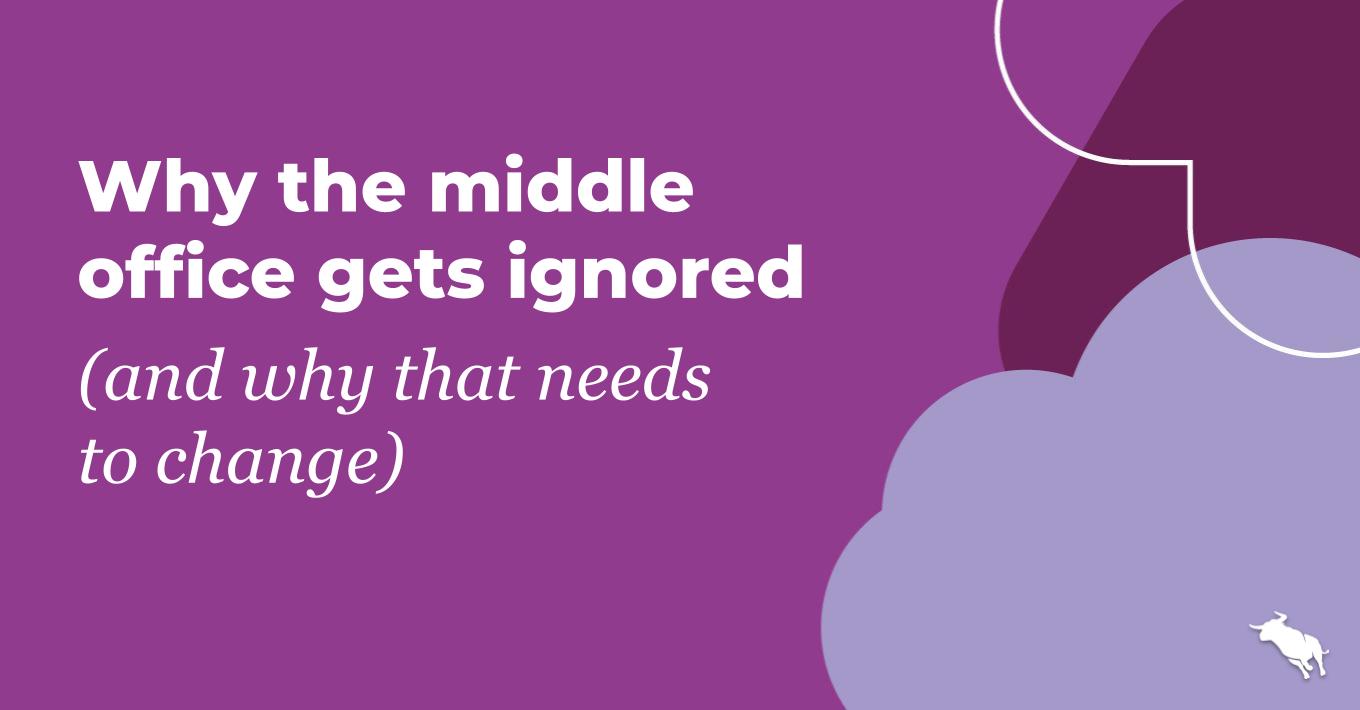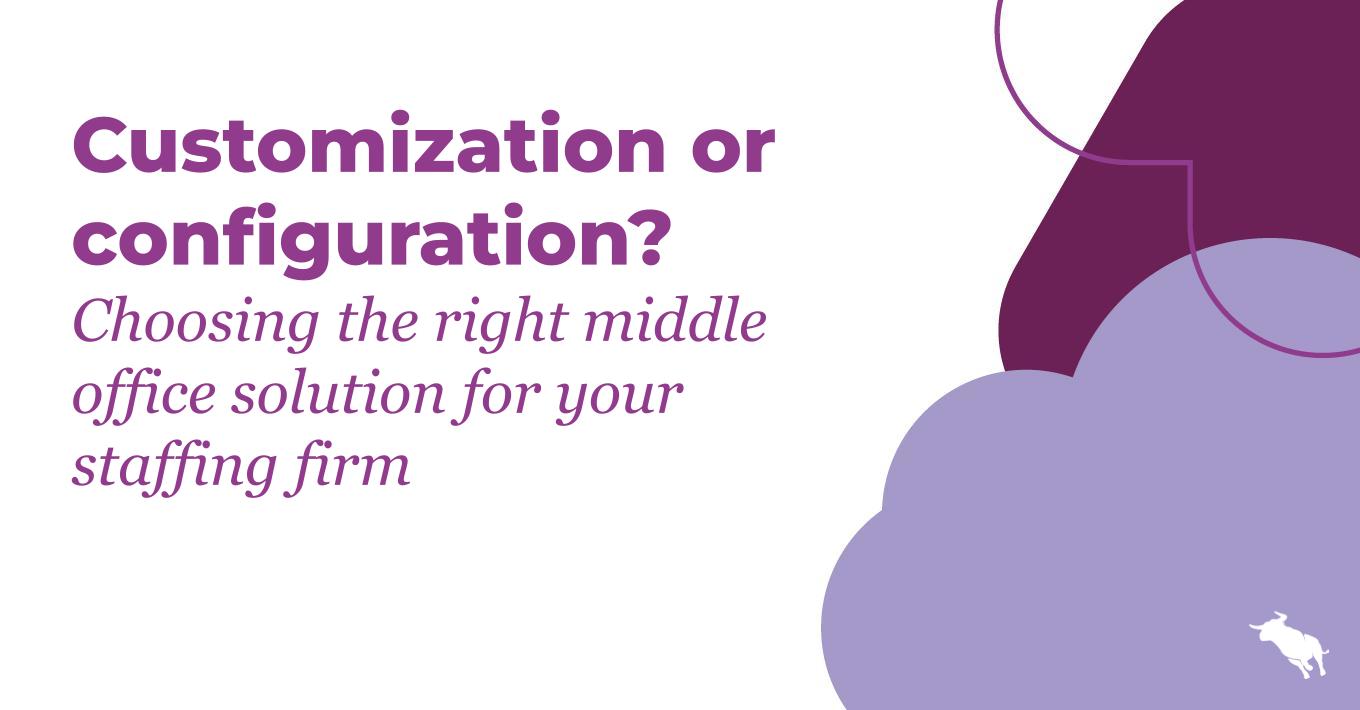Understanding automation and AI in the staffing industry
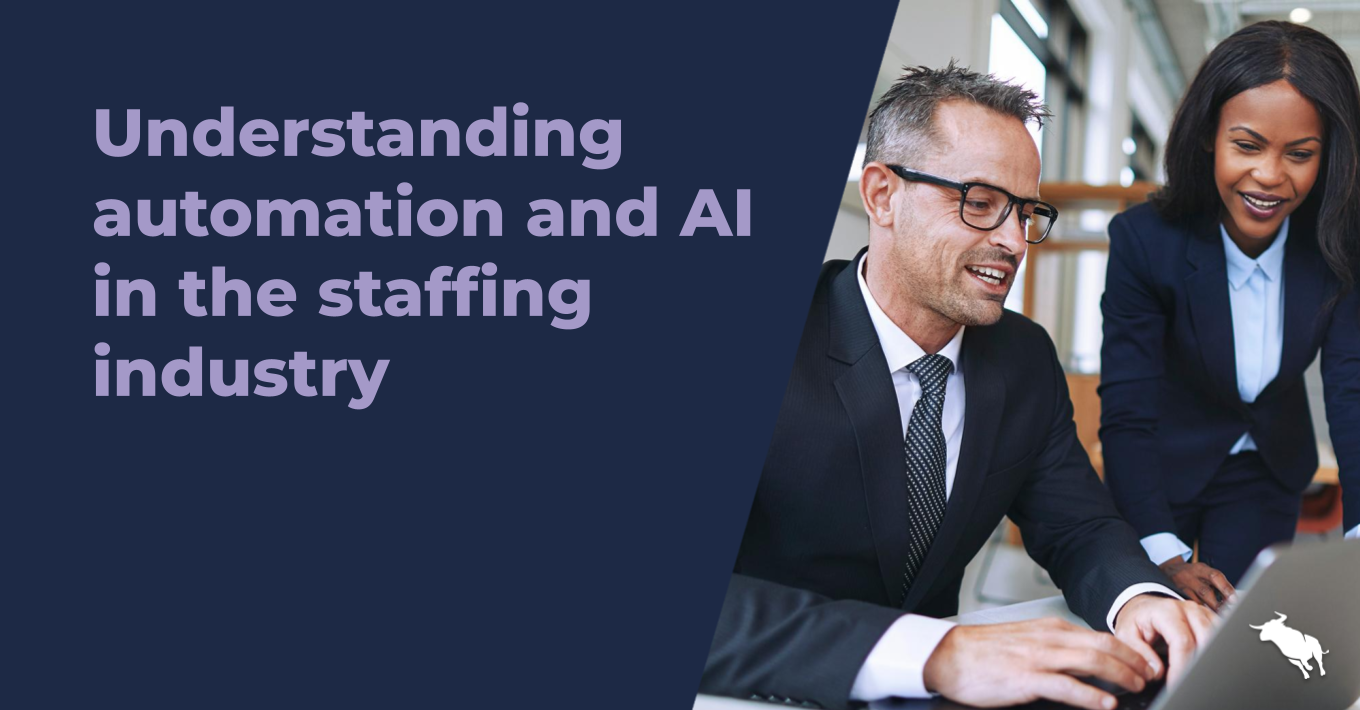
From news headlines to technology reports, you’ve likely seen the buzz surrounding AI and its impact on our daily lives. It can be easy to get caught up in the excitement of new innovation and the possibilities that AI tools offer, but what will the advancements in AI actually mean for staffing? And how can you make sense of all the fast-paced updates to uncover how AI – and automation – can actually help transform your business?
Understanding the unique applications of these technologies is crucial for staffing industry pros to effectively leverage each to streamline, optimize, and ultimately transform how they work with candidates, clients, and colleagues.
Read on for an overview of automation and AI and to explore their impact and potential in the staffing industry.
Comparing automation and AI
While automation and AI share some similarities, it’s essential to understand their distinctions.
- Automation focuses on process optimization and efficiency by reducing (or eliminating) repetitive tasks.
- AI is a tool to augment other automation processes. It focuses on leveraging intelligent algorithms to make data-driven decisions. There are a number of AI capabilities and AI agents targeted at specific types of tasks and activities across the recruitment life cycle, such as:
- Generative AI can build new content, enhancing creativity and enabling better, faster candidate and client interactions.
- Search & Match AI can help recruiters rank candidates and provide recommendations to clients, while AI agents can automatically source candidates in the background from multiple job boards and the ATS.
- Screening AI can completely automate candidate screenings, decrease the cost per hire, ensure consistent evaluation criteria, and provide a timely, personalized talent experience.
By integrating these technologies, staffing firms can create a powerful synergy that enhances their overall operations, improves candidate experience, and drives business growth.
Streamlining operational efficiency with automation
Automation enables users to reduce or eliminate repetitive tasks and streamline operational efficiency using technology. In the staffing industry, automation plays a significant role in optimizing processes such as resume screening, candidate sourcing, and data hygiene.
By leveraging automation tools and software, staffing firms can save time, reduce manual errors, and focus on high-value activities such as candidate engagement and relationship building.
Enhancing decision-making with artificial intelligence (AI)
AI refers to technology performing tasks that typically require human intelligence, such as problem-solving, natural language processing, and pattern recognition. AI is often layered on top of automation to further optimize automated tasks.
In the staffing industry, AI-powered applications can analyze large volumes of data, extract meaningful insights, and make data-driven decisions. AI algorithms can identify trends, predict candidate success, and match candidates with job opportunities based on their skills, experience, and cultural fit. This empowers recruiters to make more informed hiring decisions, ultimately improving submission quality and reducing time to fill.
Considering the implications of these technologies
When implementing automation or AI in the staffing industry, several considerations are worth keeping in mind. First, data privacy and security should be paramount to protect candidate and client information. With greater reliance on automation and AI comes an increased vulnerability to cyber threats. These cutting-edge systems can be targeted by those trying to steal sensitive data or even manipulate AI decision-making.
Robust cybersecurity measures, continuous monitoring, and proactive threat detection are critical to safeguarding AI-powered infrastructures. A well-secured AI ecosystem ensures that the potential benefits of automation are not outweighed by the risks. This is especially important with AI in staffing, which relies on candidate data to create content. It’s important to ensure protections are in place when sharing information about candidates with an AI provider.
Additionally, ethical considerations surrounding AI should be addressed to ensure fair and unbiased decision-making. Since AI models are trained on historical data, they may inadvertently inherit biases present in the data, leading to unfair and discriminatory outcomes.
To address this, AI developers must meticulously audit and analyze data, implementing techniques to reduce bias and promote fairness. AI users within staffing must also keep bias in mind as they review suggestions made by AI, particularly when it pertains to candidate resumes and engagement strategies.
By embracing these technologies, staffing firms can gain a competitive edge, improve candidate experience, and drive business growth. As the industry continues to evolve, staying informed about these technologies and their applications will be crucial for staffing professionals to thrive in the digital age.




